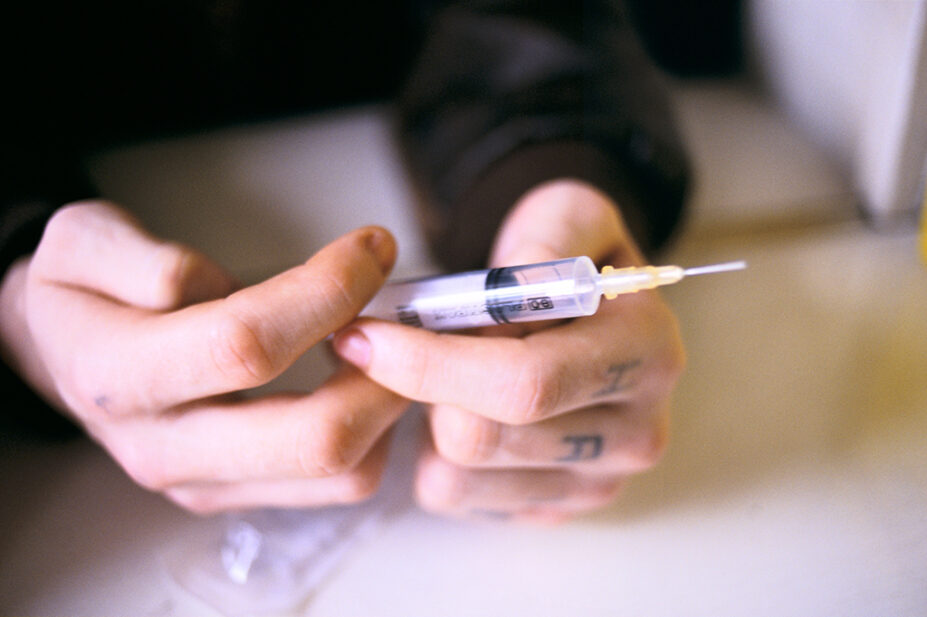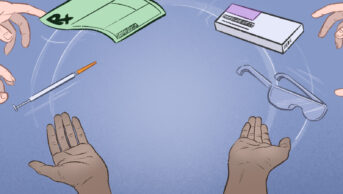
Roger Hutchings / Alamy Stock Photo
Pharmacy technicians in Great Britain could be allowed to supply naloxone without a prescription, under updated proposals from the Department of Health and Social Care (DHSC).
In a consultation, which opened on 24 January 2024, the DHSC proposed amending legislation to allow naloxone to be supplied by a wider group of services and professionals, including “registered pharmacy professionals”.
The consultation was published in response to an earlier government consultation, launched on 4 August 2021, proposing to enable pharmacists to supply naloxone without a prescription.
However, in its response to the 2021 consultation, the government said that it had since undertaken “significant engagement across the devolved administrations” and would now be seeking views on legislative changes “that go further than those consulted on in 2021”.
The 2024 consultation said the government has “expanded ‘pharmacists’ to ‘registered pharmacy professionals’ (in England, Wales and Scotland), because this will enable registered pharmacy technicians to supply naloxone without a prescription”.
While the proposed legislation will not require pharmacy professionals to supply naloxone, the government says it would “strongly encourage all named services and professionals to carry out this role”.
Naloxone, which is injected into the outer thigh or upper arm, is a treatment that can reverse the effects of an opioid overdose and prevent drug-related deaths.
In September 2023, the Scottish government announced plans for a national service that would enable emergency access to supplies of naloxone from community pharmacies.
In England, more than 300 take-home naloxone kits were distributed by community pharmacies in two areas within the first year of a pilot programme in 2020/2021.
The government’s consultation follows a report from the Office for National Statistics, published in December 2023, which revealed that the number of deaths related to drug poisoning in England and Wales has reached record levels.
In 2022, 4,907 deaths related to drug poisoning were registered. This is the highest number since records began in 1993 and 1% higher than the 4,859 registered deaths in 2021.
In Scotland, however, the number of drug-related deaths has decreased, with 1,051 such deaths recorded in 2022 — some 279 fewer deaths than in 2021.
Nicola Stockmann, vice president of the Association of Pharmacy Technicians UK, told The Pharmaceutical Journal: “APTUK welcome the consultation on expanding access to take-home naloxone supplies. Pharmacy technicians as registered autonomous pharmacy professionals, with their knowledge on opioids and controlled drugs, will also be able to counsel on harm reduction. The expansion of access to naloxone is essential in light of workforce challenges.”


